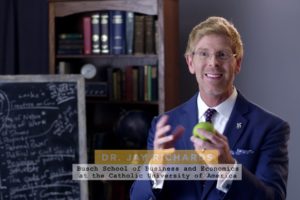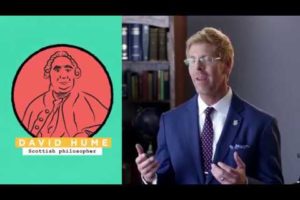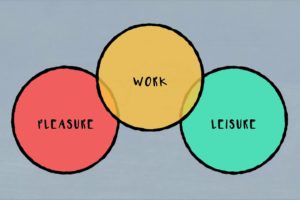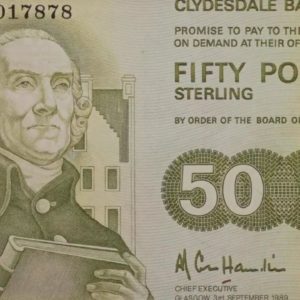Lesson 5 Lesson 5: Social Aspects of Justice and Commerce
Presented by: Dr. Jay Richards
Busch School of Business and Economics at the Catholic University of America
Self-Interest, Virtue, and the Commercial Society
In this lesson, students will draw from thinkers such as Adam Smith and David Hume to gain an appreciation for how virtuous motives matter along with the effects of individual actions. Social order, prosperity, and happiness require a large scope for the pursuit of self-interest, but an appropriate balance between self-regard and regard for others, along with balance in the virtues, is most conducive to genuine human happiness.
Key Concepts: (1) Virtue (2) Justice as a Negative Virtue, (3) Impartial Spectator (4) Beneficence (5) Virtuous Luxury, (6) Vicious Luxury

Learn More
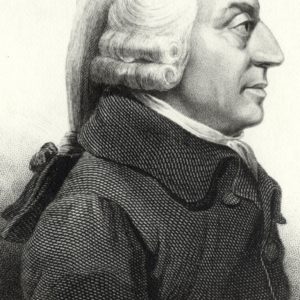 Link
Link
Adam Smith, The Theory of Moral Sentiments, Part II, Section II, “Of Justice and Beneficence.”
Read Now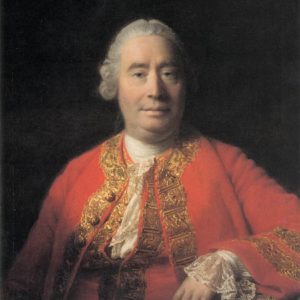 Link
Link
David Hume, Essays Moral, Political, and Literary, “Of Commerce” and “Of Refinement in the Arts.”
Read Now Link
Link
The Good Society, Episodes 5 & 6, “Global Cooperation and Complexity” Parts I & II, from the Acton Institute
Watch Now
